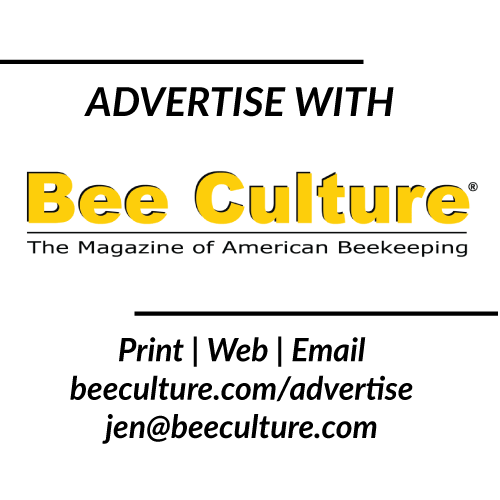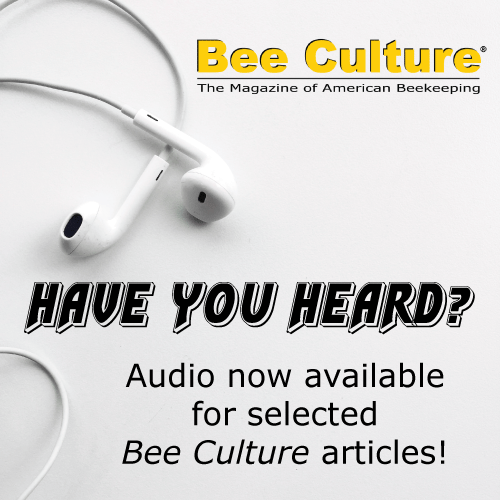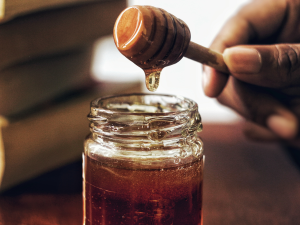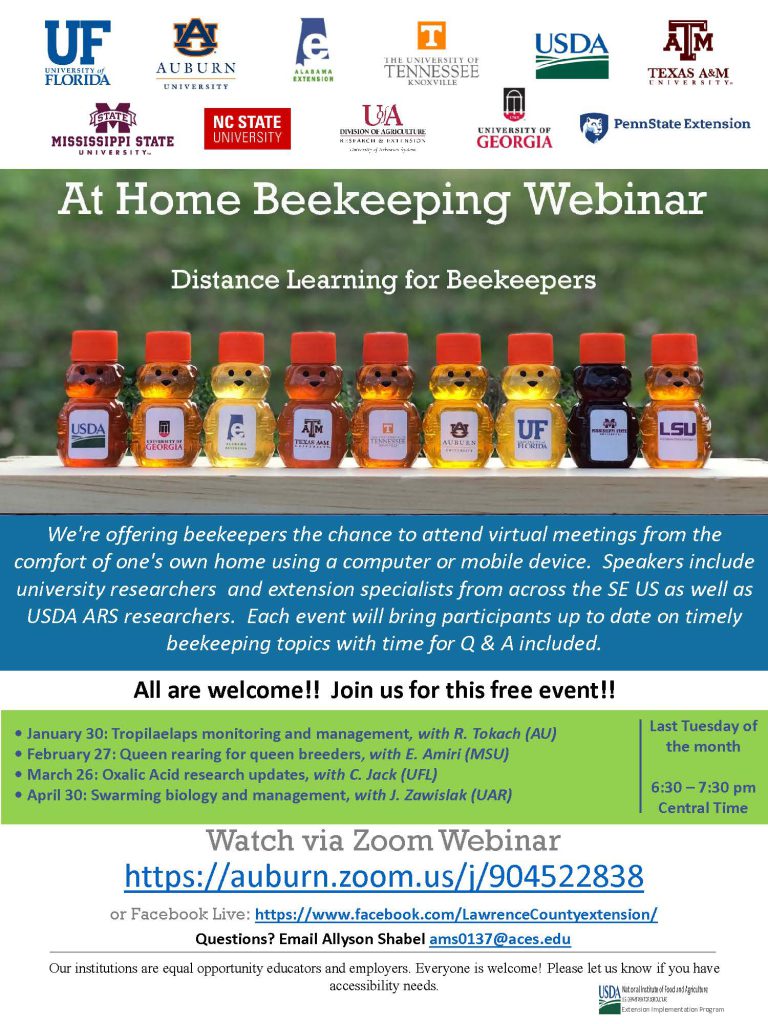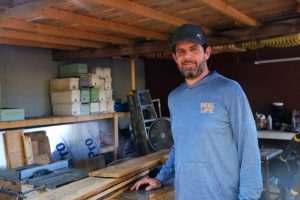UW-Green Bay receives official ‘Bee City USA®’ designation
Bee City USA® has announced that the University of Wisconsin-Green Bay has met the standards for certification as an official Bee Campus USA affiliate.
The application for certification was submitted by the UW-Green Bay Sustainability Committee chaired by Prof. David Voelker (Humanities and History). Voelker noted that “The Sustainability Committee greeted Professor Amy Wolf’s proposal that UWGB seek Bee Campus USA certification with excitement. We see this program as a wonderful opportunity to build on work that we are already doing, and we welcome the chance to collaborate with the Cofrin Center for Biodiversity, CSET faculty, and Facilities Management to promote pollinator-friendly habitat on our campus.” Amy Wolf is the Herbert Fik Johnson Professor of Natural Sciences and faculty member in UW-Green Bay’s Natural and Applied Sciences program.
In addition to 30 acres of planted native pollinator habitat, including the Keith White Prairie and Douglass Cofrin Arboretum Gateway, the open fields and woodlands of the Green Bay Campus support a wealth of pollinator species, including the federally endangered Rusty-patched Bumble Bee and at least two other at-risk native bee species.
Bees and other pollinators transfer pollen between flowers, enabling the Earth’s incredible diversity of plants to produce fruits and seeds. Pollinators are keystone species in essentially every ecosystem where they play a direct role in the reproduction of over 85 percent of all flowering plants and 67 percent of agricultural crops. In addition to the well-known honey bee (Apis mellifera), a species brought to the United States from Europe, more than 20,000 species of bees have been described globally, 3,600 of which occur in the United States. While bees are the most important pollinators, butterflies, moths, beetles, flies, wasps, bats, and hummingbirds also contribute to plant pollination.
Research has shown significant global declines in native pollinator population sizes and ranges; up to 40 percent of pollinator species on earth are currently at risk of extinction because of habitat loss, use of harmful pesticides, and climate change.
Thinking globally and acting locally, Bee Campus USA® provides a framework for communities to conserve native pollinators by increasing the abundance of native plants, providing nest sites, and reducing the use of pesticides. Bee Campus USA and Bee City USA are initiatives of the Xerces Society for Invertebrate Conservation.
Visit Bee City USA website to learn more about pollinators and the commitments that affiliates make to protect them.
Photos submitted by Prof. Amy Wolf

